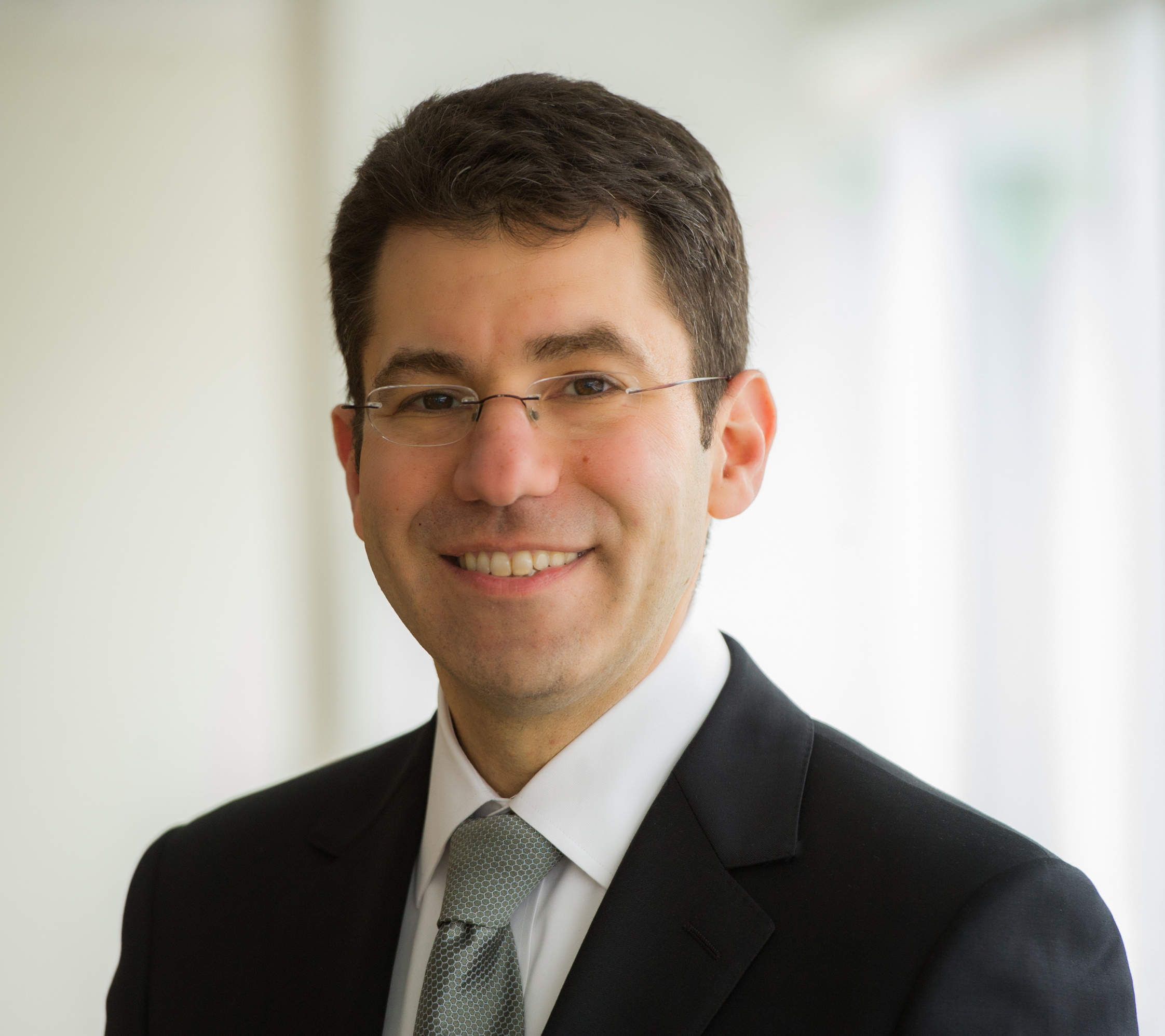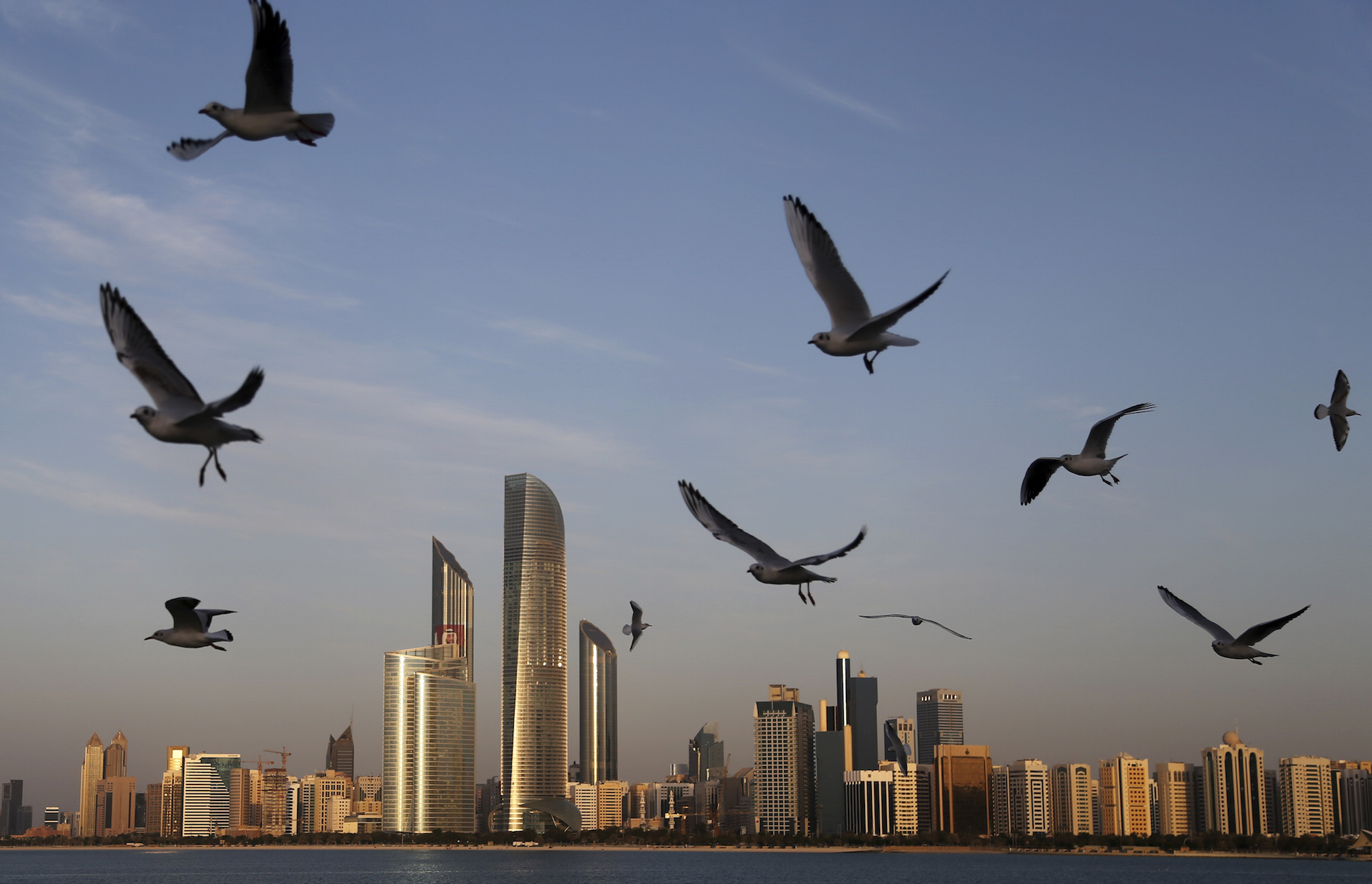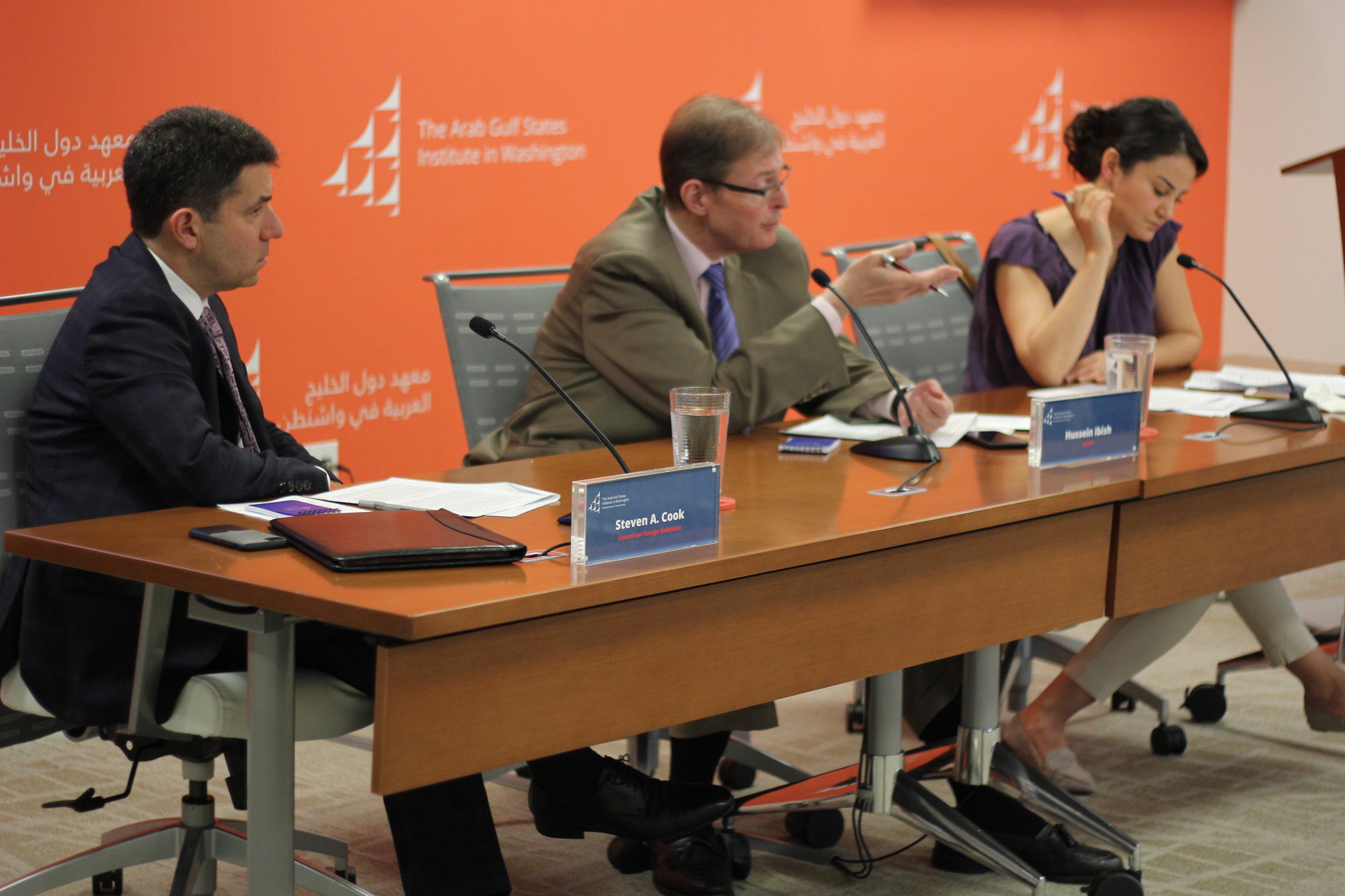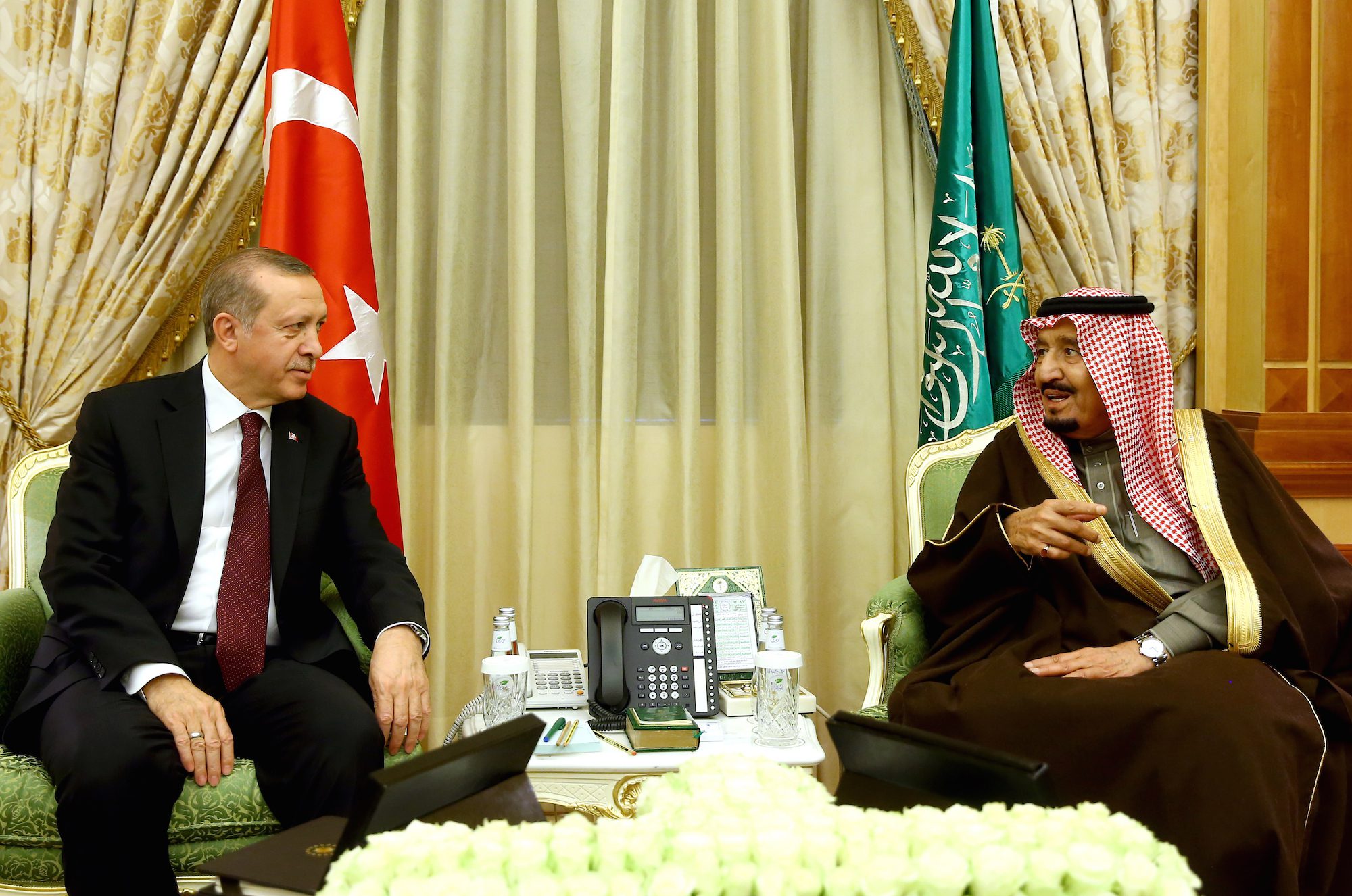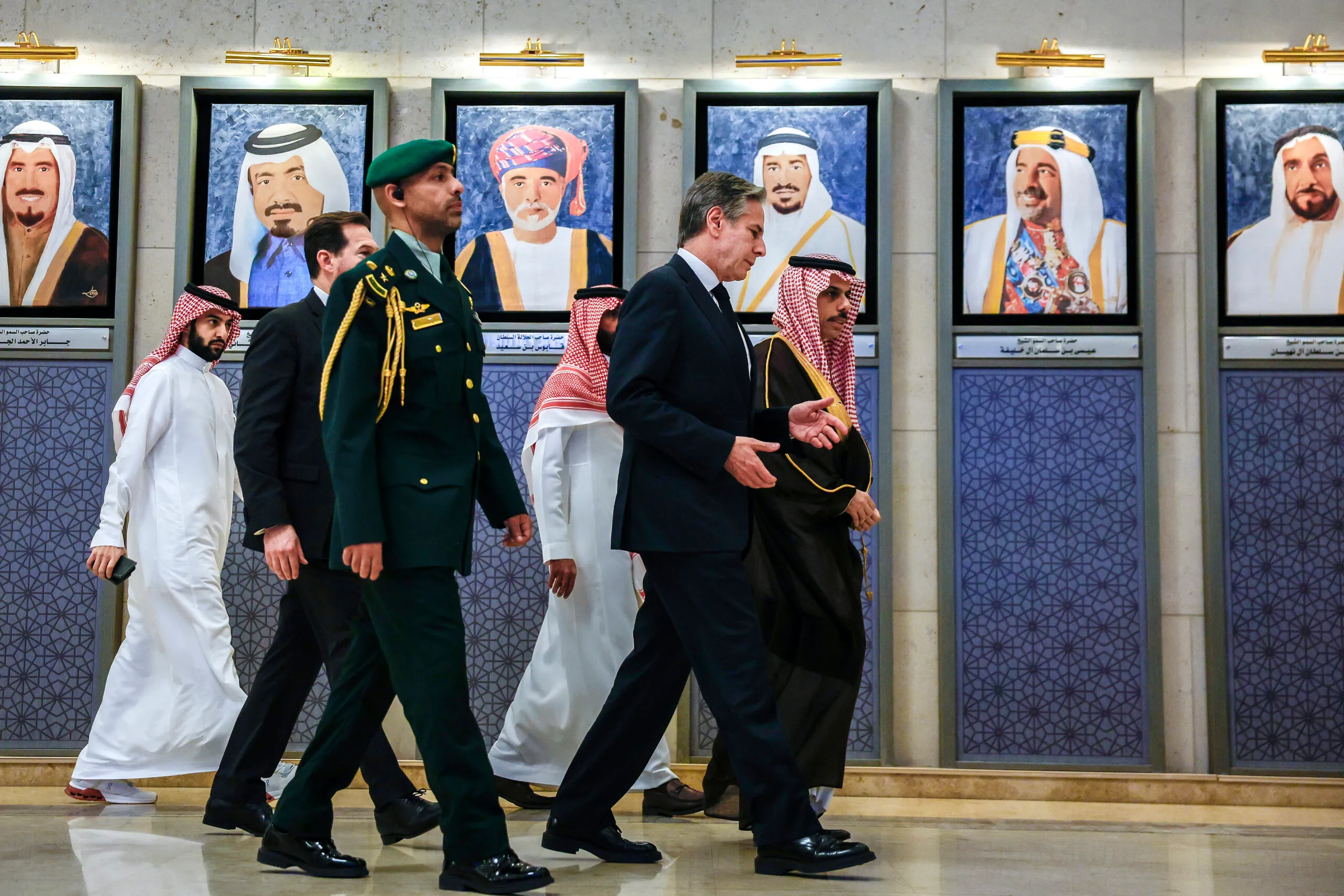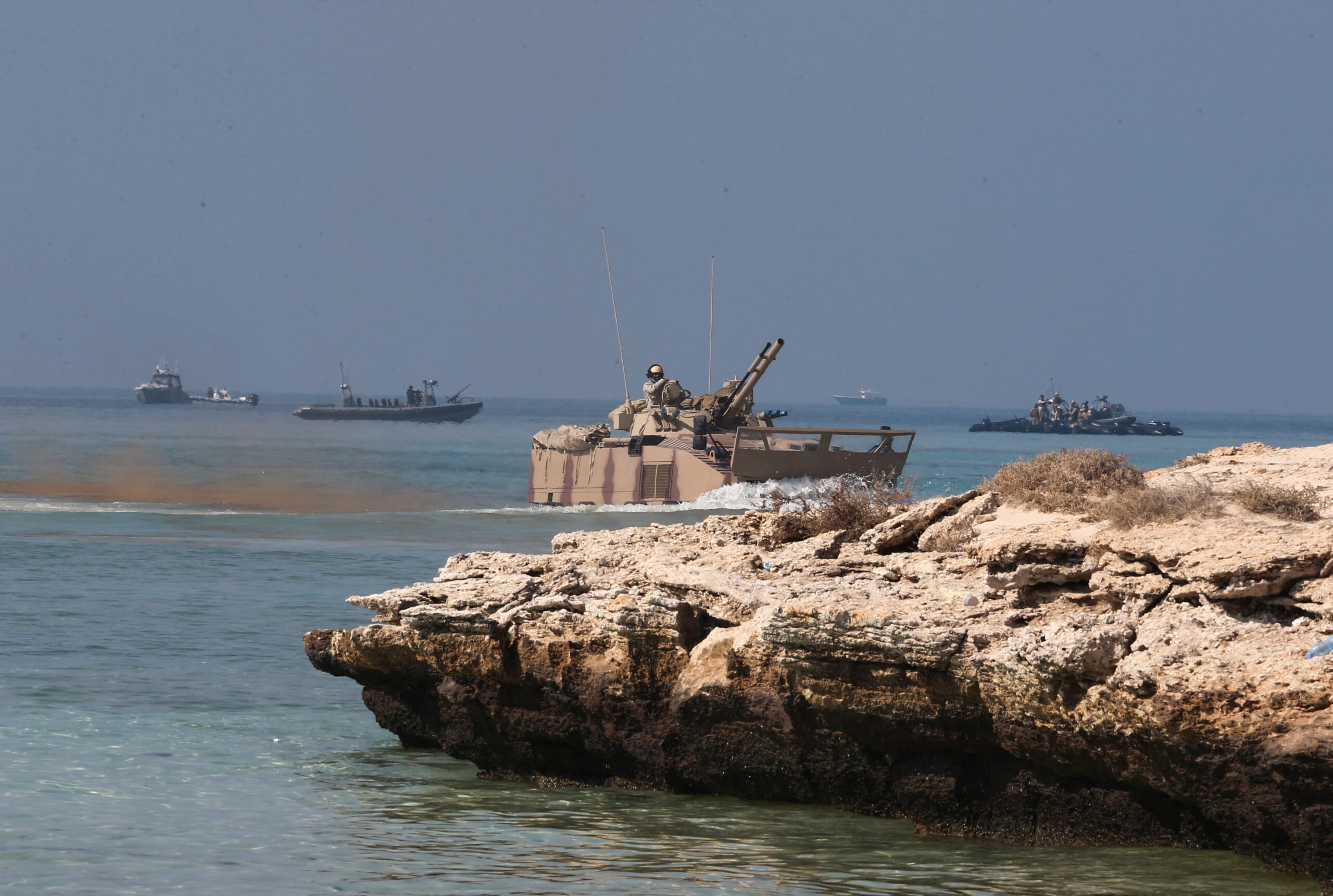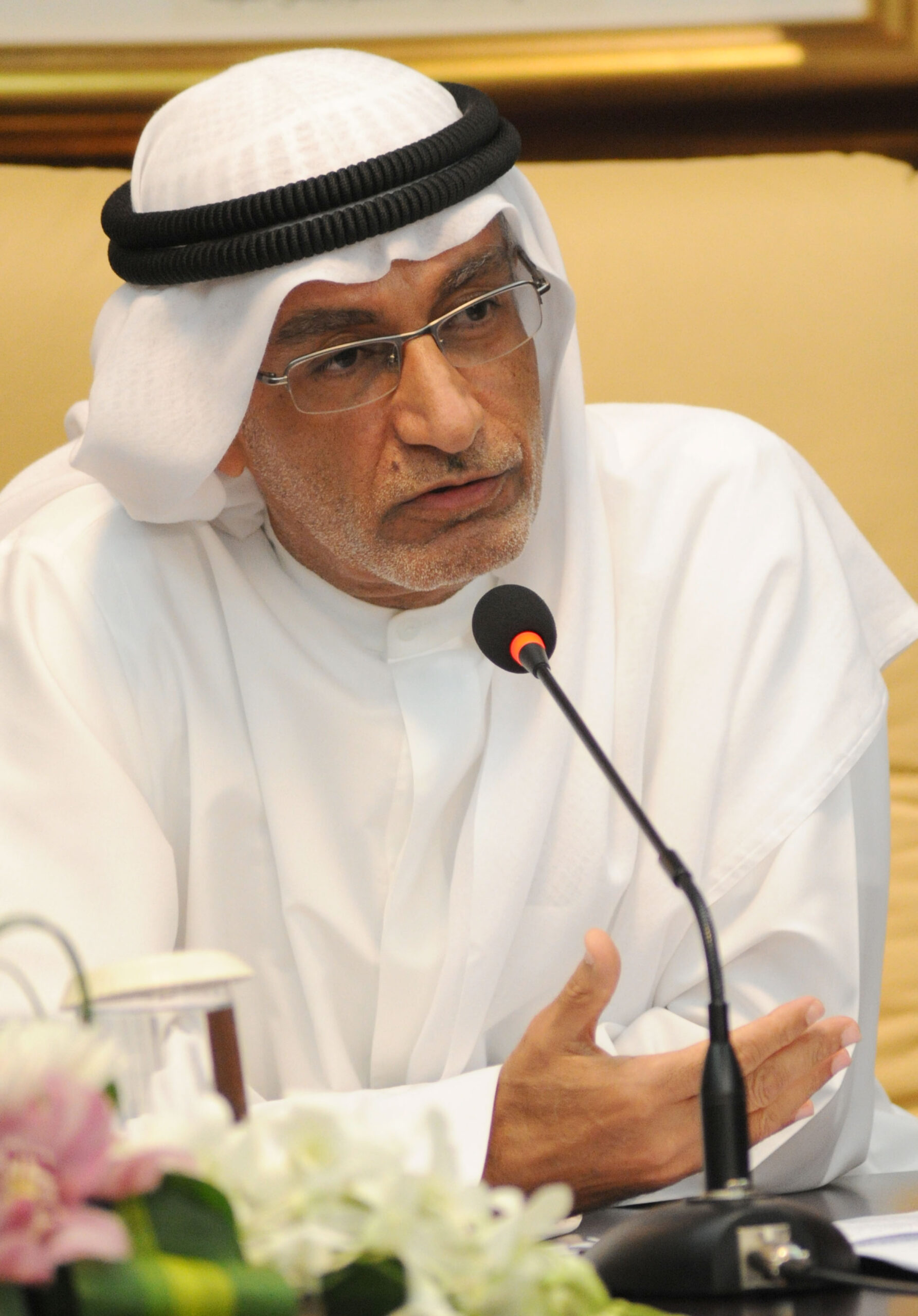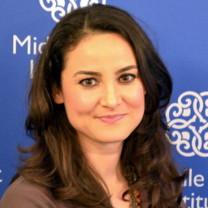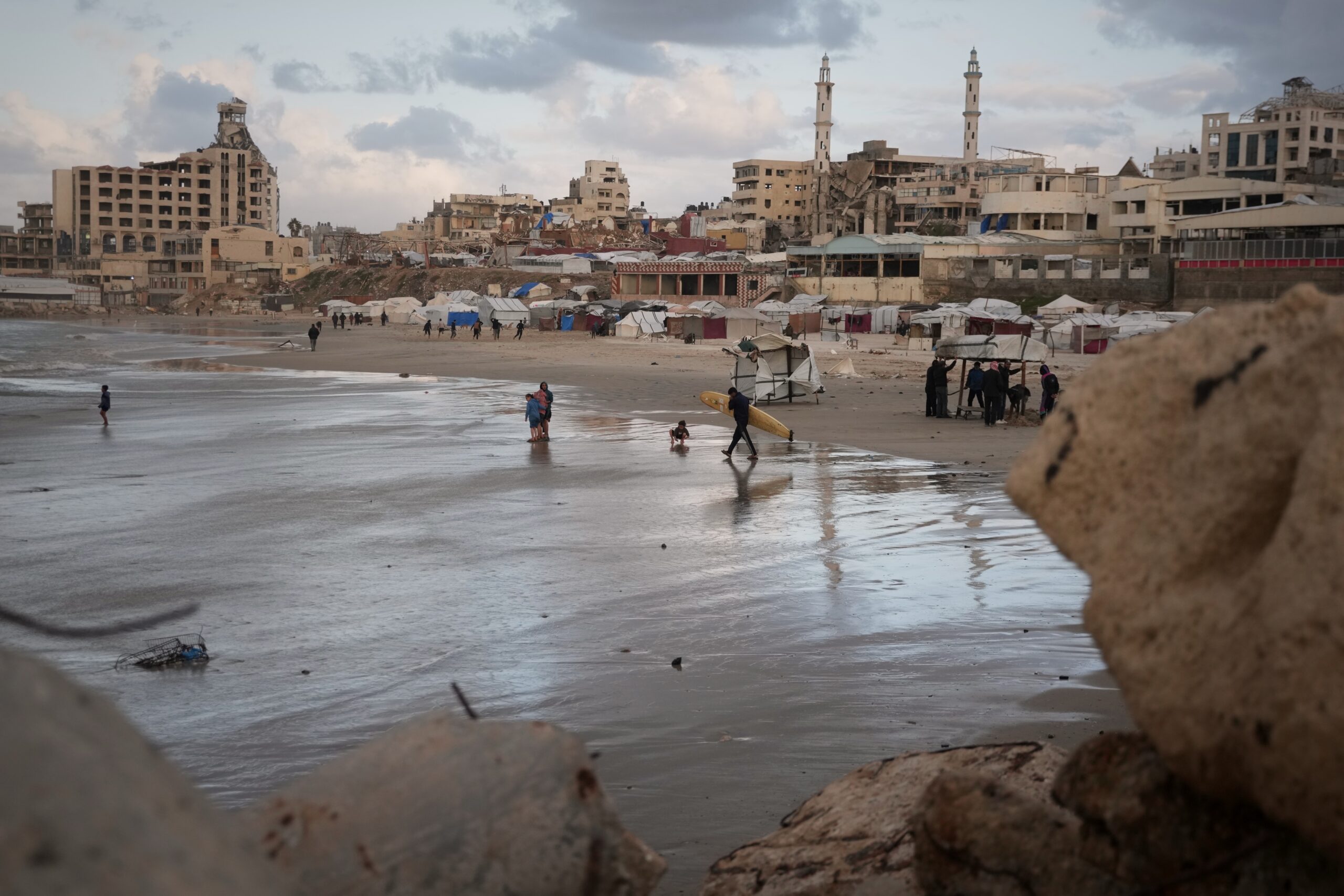Turkey’s Resurgence as a Regional Power Confronts a Fractured GCC
This paper reviews how Turkish-Gulf Arab relations have developed in recent years, particularly following the end of the main civil war in Syria.
2 min read
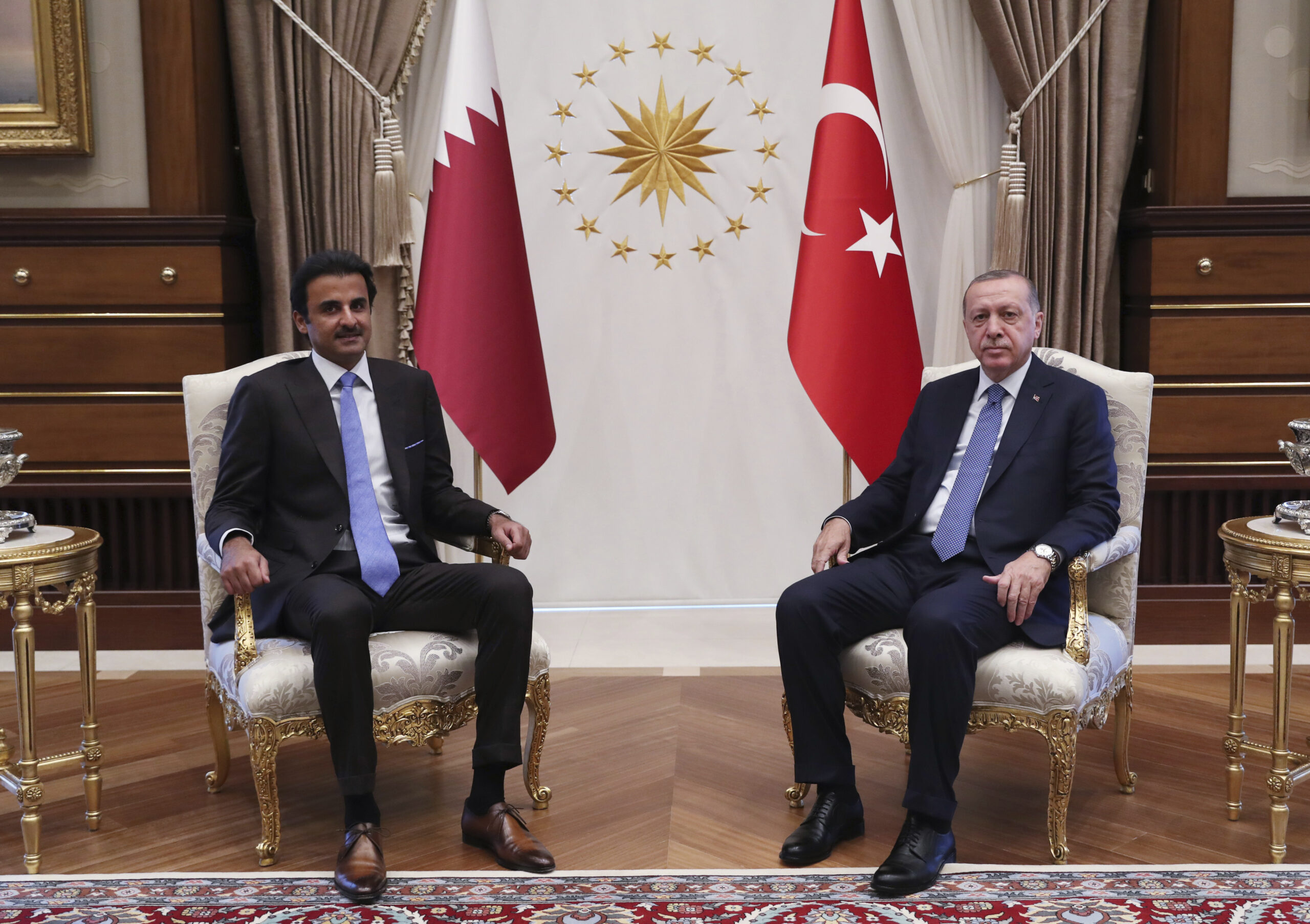
Executive Summary
Turkey’s relations with the Gulf Arab states have continued to intensify as Ankara and some Gulf Arab countries – Saudi Arabia, the United Arab Emirates, and Qatar – have steadily risen in regional prominence as traditional Arab power centers, such as Cairo, Damascus, and Baghdad, have faded in significance.
For Turkey, the engagement in the Arab world is part of an evolving international agenda that has, at least for now, turned largely away from Europe and toward Eurasia and the Middle East. Some Turks close to President Recep Tayyip Erdogan and his ruling Justice and Development Party (AKP) openly envisage the country reclaiming the political and religious leadership role once enjoyed by the Ottoman Empire, particularly in the Sunni-majority Arab world. But it is precisely these ambitions that have fueled increasing tensions with some Gulf Arab countries, especially Saudi Arabia and the UAE. They view Ankara’s regional ambitions as effectively seeking leadership of a Sunni Islamist-oriented regional bloc. They also fear the resurgence of Turkish hegemony and Saudi Arabia, in particular, harbors resentment over past conflicts with the Ottoman Empire.
By contrast, Qatar has only grown closer to Turkey as the boycott by Saudi Arabia, the UAE, and Bahrain, along with Egypt, isolated Doha within the Gulf region. Ankara and Doha are now among each other’s closest allies, which has only exacerbated other Gulf Arab suspicions. These tensions were vividly illustrated following the murder of Saudi journalist Jamal Khashoggi at the Saudi Consulate in Istanbul. For the foreseeable future, it appears likely that Turkish-Gulf Arab tensions will persist, and even a rapprochement between Qatar and the boycotting countries might not do much to ease the situation. Despite areas of potential cooperation, including limiting Iran’s regional clout, Turkey is likely to remain mainly at loggerheads with at least half of the Gulf Arab states in coming years.
The AGSIW Gulf Rising Series
This paper was developed as part of AGSIW’s Gulf Rising series analyzing the energized role of the Gulf Arab states in the international system. The series looks beyond Gulf Arab relations with the United States to examine ties with other key countries and regions. Additionally, it investigates motivations behind Gulf Arab states’ foreign policy choices and evaluates the implications for U.S. foreign policy toward the Gulf Arab states and the region.
The views represented herein are the author's or speaker's own and do not necessarily reflect the views of AGSI, its staff, or its board of directors.
